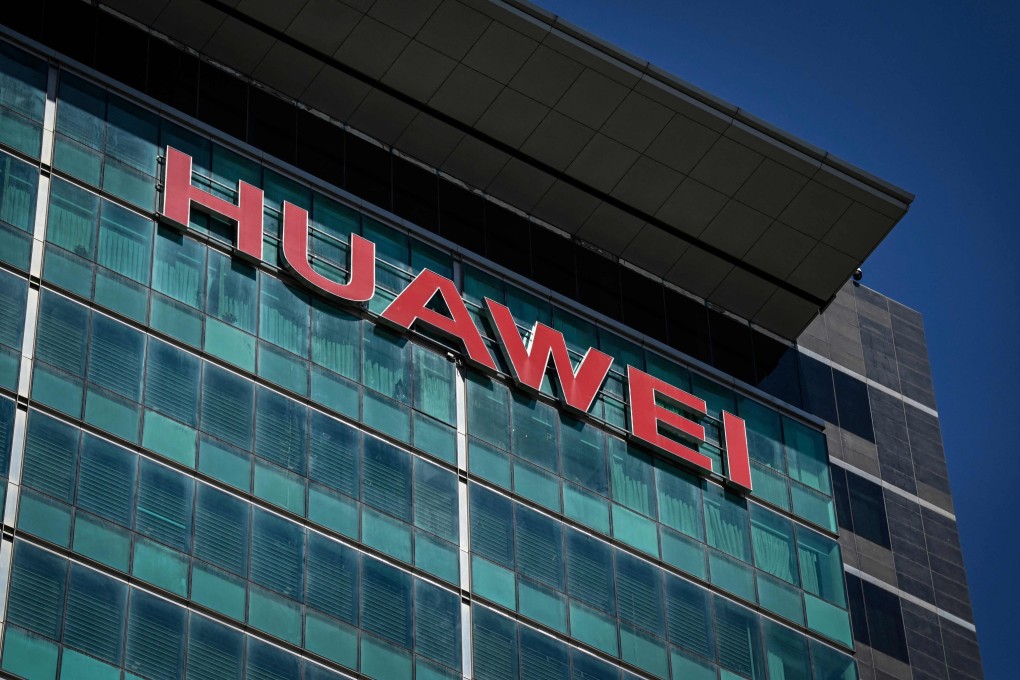Huawei tapped by China’s cyberspace watchdog to further Xi Jinping’s tech self-sufficiency drive
- CAC officials visited Huawei and Kuaishou executives to explain the key takeaways from the Chinese Communist Party’s national congress
- President Xi Jinping last month set the course for China’s development in the next five years, emphasising technological self-reliance

A Chinese cyberspace official gave a lecture at Huawei Technologies Co, the Chinese telecoms equipment giant struggling under US trade sanctions, on ways to help the country’s technological self-sufficiency drive, according to the Cyberspace Administration of China (CAC).
The lecture, conducted by CAC deputy director Cao Shumin, is part of a talk series delivered by central government officials to local governments and enterprises focusing on the key themes of the 20th Communist Party congress that took place last month.
According to a brief statement released by the CAC on Sunday, Cao said China needs to accelerate breakthroughs in core technologies and build a self-sufficient system. She urged private companies to play a main role in helping the country achieve that goal.
Cao also said China will play to its strengths, namely in combining state and private power, to seek technological advancement.
Such visits by government officials are often seen as a sign of the state’s recognition of a company’s importance, heralding more state support, as well as control. Some 200 Huawei executives attended Cao’s lecture.
